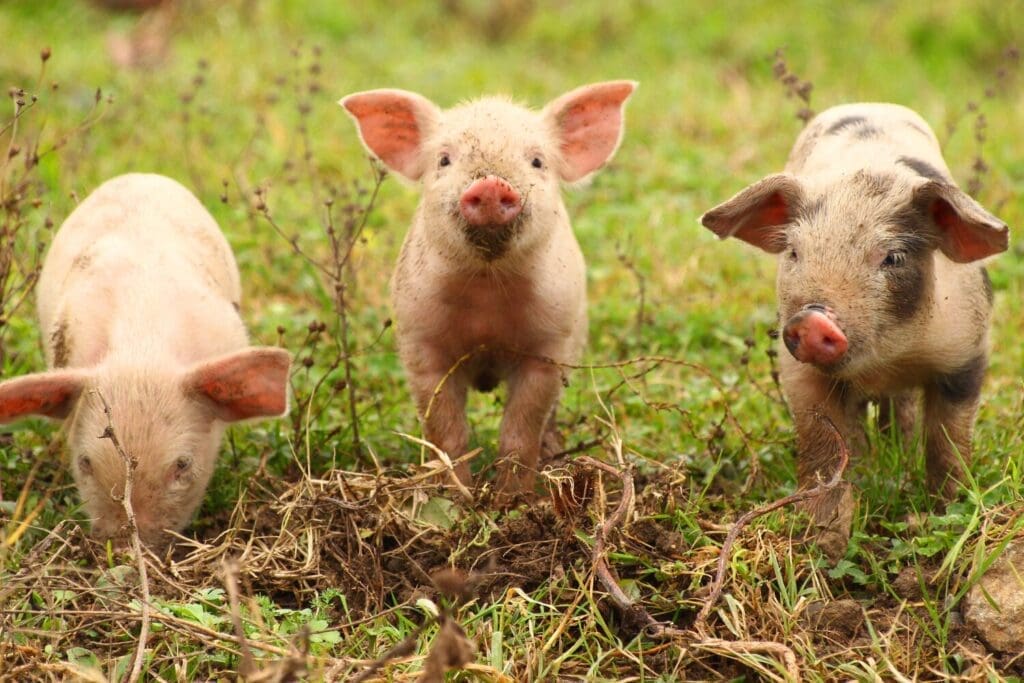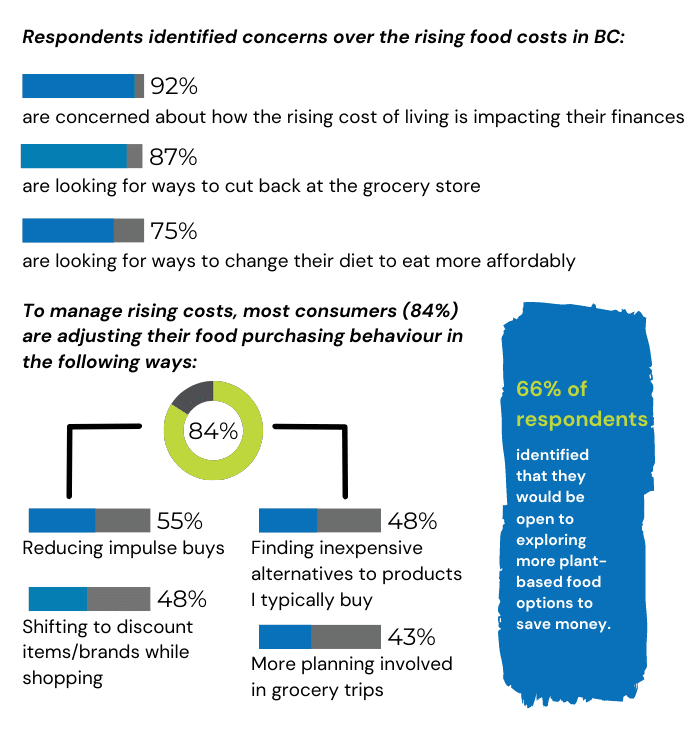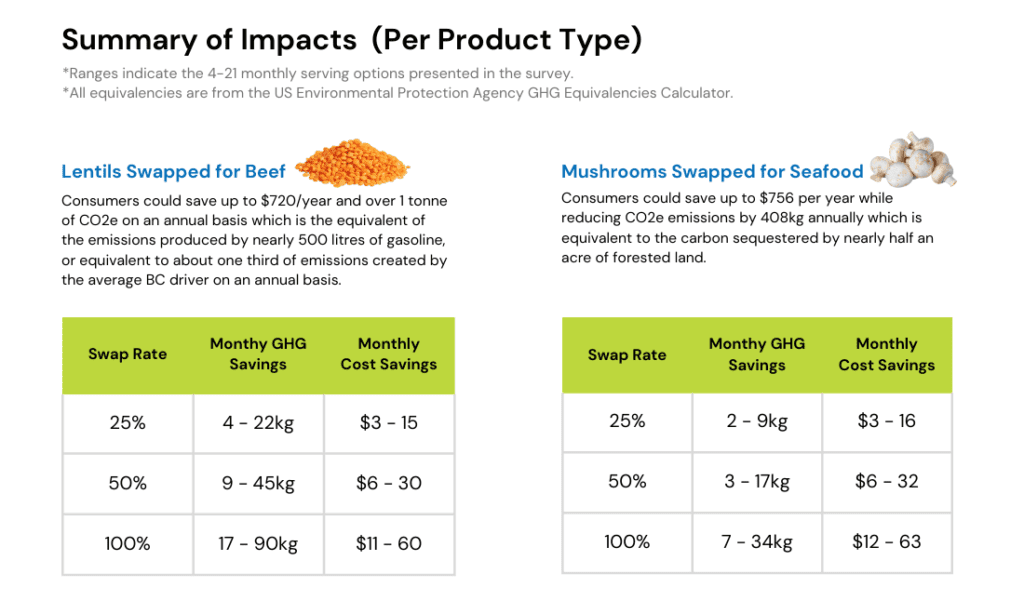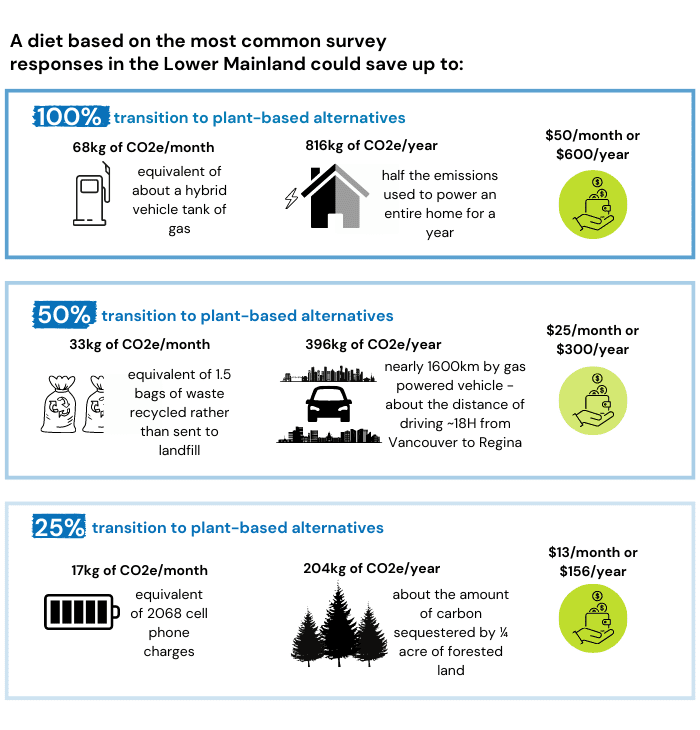For years, many people thought animal protein (like beef or chicken) was a more bioavailable protein, making it superior for building muscle compared to plant protein (like beans or tofu). New research shows that’s not the case. If you eat enough protein, plant-based sources work just as well as animal sources for building muscle.
Surprisingly, these findings come from a recent study funded by the beef industry. The study’s design, possibly intended to help market beef as the healthier option, might have backfired as the findings contradicted the researchers’ expectations.
Watch the video below reviewing the research findings and implications for personal health and nutrition, or read on for a quick summary!
Note: This video contains mild language.
The “secret”: Eat enough protein
New research show that as long as you get the right amount of protein for your body weight, it doesn’t matter if it comes from plants or animals. Both can help build muscle, while plant-based foods have many other nutritional benefits.
Plant proteins like lentils, soy, and quinoa bring lots to the table:
- Packed with good stuff: They come with fibre and antioxidants, which are great for aiding digestion and have been found to help prevent disease.
- Healthier for your heart: Eating more plant-based foods can reduce your risk of chronic diseases such as heart disease, cancer, and diabetes.
- Better for the planet: Growing plants for food uses less land and creates less pollution than raising, feeding, transporting, and slaughtering animals.
- Better for animals: Choosing more plant-based foods reduces the demand for industrial animal agriculture, which causes serious harms to animals.
Can you get “complete protein” from plants?
Yes! Many plant-based foods contain all the essential amino acids, which are needed for the body to use the protein we consume.
Even though some plant proteins are missing certain essential amino acids, eating a mix of different plants solves this. For example, rice and beans together give you all the amino acids your body needs, making them a “complete protein”.
Examples of complete plant-based proteins:
- Quinoa
- Soy (such as tofu, tempeh, or edamame)
- Buckwheat
- Hemp seeds
- Chia seeds
- Rice and beans
- Pita and hummus
- Peanut butter and whole wheat bread
- Bean chili and crackers
- Lentils and brown rice
- Nutritional yeast

Chat with a vegan body builder
Hear from Ravi Bohgan, an entrepreneur, app developer, body builder, and supercar enthusiast who is passionate about plant-based eating.

Chat with a vegan doctor
Hear from Dr. Jules Cormier, a family doctor practicing family medicine, lifestyle medicine, and skin surgery, in Dieppe, New Brunswick.

Chat with a vegan nutritionist
Hear from Derek Simnett, a Certified Nutritional Practitioner, athlete, and star of the YouTube channel Simnett Nutrition, where he talks about how to live a healthful vegan life.
What this means for the future of nutrition
A growing body of evidence is proving that choosing plant-based foods more often can have great benefits. The vast majority of nutrition experts have reached a consensus that eating a wide variety of whole plant-based foods is good for your health, and it’s a good idea to limit red meat intake.
As more studies demonstrate the benefits of plant-based eating, expert advice continues to evolve. Watch this video in which a doctor who previously claimed that animal protein was superior to plant protein changes his views due to compelling new evidence:
If you want to build muscle, stay healthy, and help the planet, eating plant proteins is a great choice. Enjoy foods like tofu, beans, nuts, and lentils. They’re not just “good enough”—they’re amazing!

























Leave a Reply